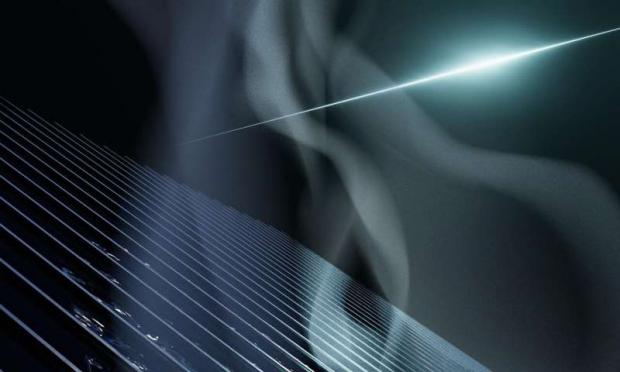
Breaking News
 The Self-Sufficiency Myth No One Talks About
The Self-Sufficiency Myth No One Talks About
 We Investigated The Maui Fires and The Cover-Up is Worse Than We Thought | Redacted
We Investigated The Maui Fires and The Cover-Up is Worse Than We Thought | Redacted
 The Amish Secret to Keeping Pests Out of Your Garden Forever
The Amish Secret to Keeping Pests Out of Your Garden Forever
 Scott Ritter: Full-Scale War as Iran Attacks All U.S. Targets
Scott Ritter: Full-Scale War as Iran Attacks All U.S. Targets
Top Tech News
 US particle accelerators turn nuclear waste into electricity, cut radioactive life by 99.7%
US particle accelerators turn nuclear waste into electricity, cut radioactive life by 99.7%
 Blast Them: A Rutgers Scientist Uses Lasers to Kill Weeds
Blast Them: A Rutgers Scientist Uses Lasers to Kill Weeds
 H100 GPUs that cost $40,000 new are now selling for around $6,000 on eBay, an 85% drop.
H100 GPUs that cost $40,000 new are now selling for around $6,000 on eBay, an 85% drop.
 We finally know exactly why spider silk is stronger than steel.
We finally know exactly why spider silk is stronger than steel.
 She ran out of options at 12. Then her own cells came back to save her.
She ran out of options at 12. Then her own cells came back to save her.
 A cardiovascular revolution is silently unfolding in cardiac intervention labs.
A cardiovascular revolution is silently unfolding in cardiac intervention labs.
 DARPA chooses two to develop insect-size robots for complex jobs like disaster relief...
DARPA chooses two to develop insect-size robots for complex jobs like disaster relief...
 Multimaterial 3D printer builds fully functional electric motor from scratch in hours
Multimaterial 3D printer builds fully functional electric motor from scratch in hours
 WindRunner: The largest cargo aircraft ever to be built, capable of carrying six Chinooks
WindRunner: The largest cargo aircraft ever to be built, capable of carrying six Chinooks
US Army's gravity-defying aluminum panel purifies water with sunlight

A research team from the US Army and the University of Rochester is throwing a new possibility into the mix, showing off a "superwicking" aluminum panel that uses solar power to purify water with great efficiency.
Solar power has proven a popular choice when it comes to powering low-cost water purifiers, with sunlight long known to destroy waterborne pathogens. We have looked at quite a few technologies over the years that leverage this process to produce clean water through low-cost and portable platforms, but the researchers behind the latest system say it offers an entirely new level of efficiency.
The technology begins with a regular aluminum panel, which is treated with ultrashort femtosecond laser pulses to produce an open-grooved surface that is pitch black. This makes the material highly absorptive and "super-wicking," enabling it to draw a thin film of water from a reservoir up over the metal's surface, even against the forces of gravity.
While this is going on, the pitch black material gathers energy from the sun and is able to retain nearly all of it to heat up the water. The structures etched into wicking surface then alter the molecular bonds in the water, increasing the efficiency of the evaporation process that rids it of its contaminants.

 RNA Crop Spray: Should We Be Worried?
RNA Crop Spray: Should We Be Worried?

